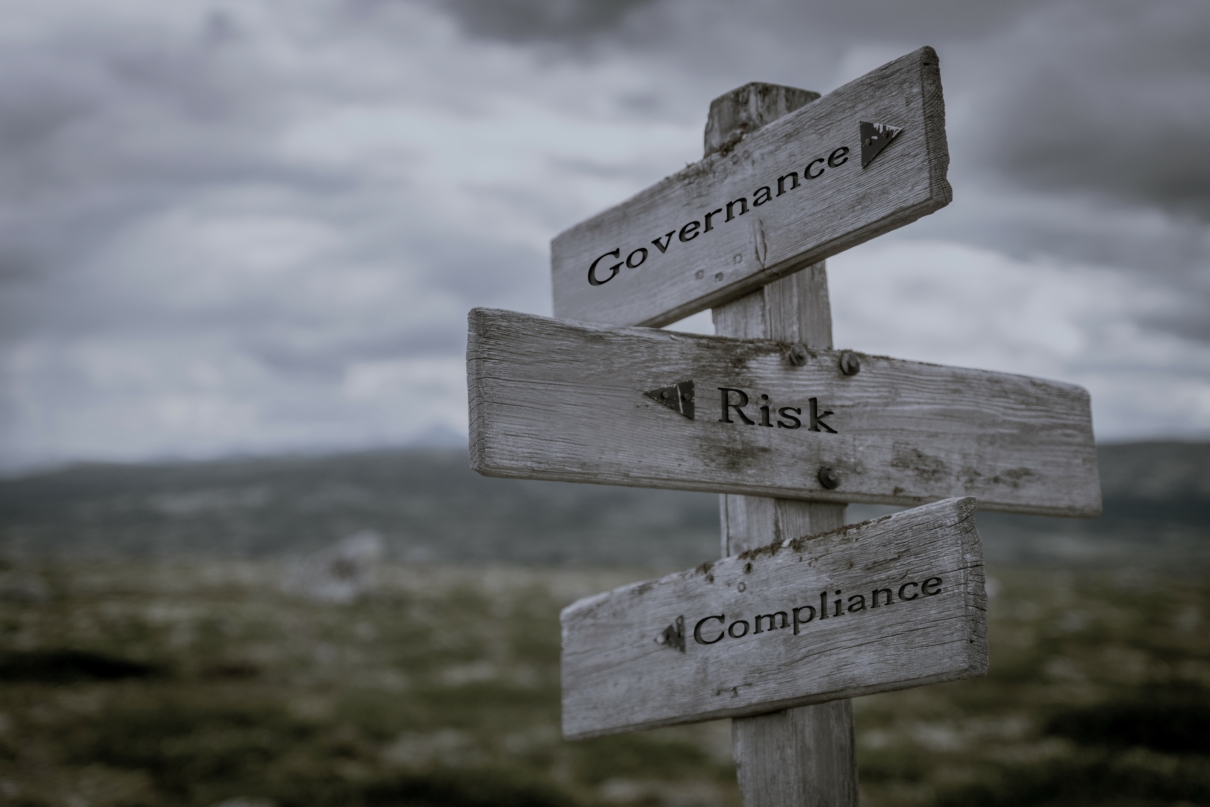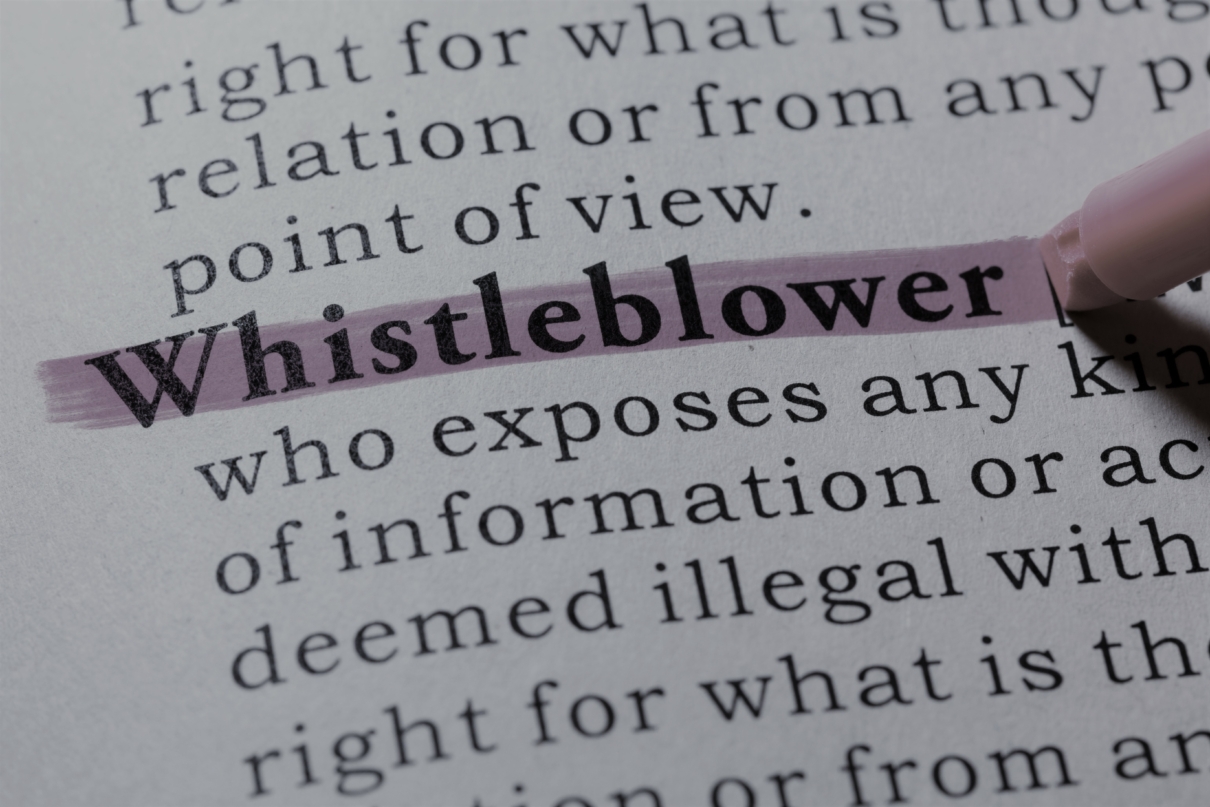A frequent experience in our customer projects is that our medium-sized customers react to the topic of compliance with the critical question: “And who is going to do that? Of course, a medium-sized company does not have the same resources as a group of companies, where a compliance department with several members deals with the topic. Nevertheless, the same legal framework conditions apply to SMEs and group companies.
Multiple crises, international interdependencies, challenging political developments. The risks for companies tend to increase. The business world is increasingly difficult to assess, more dynamic and more complex. Compliance has become an important basis for SMEs to safeguard the company, protect it from potential risks and thus create a foundation for the long-term success of the company. Good compliance can protect the company in the best possible way and indicate emerging crises and problems at an early stage. For effective implementation of compliance management, it is particularly important in medium-sized companies to use resources wisely and to sensitise everyone in the company to the issue. All too often, compliance is still perceived as a secondary task and the risks that actually exist are massively underestimated.
Read more











